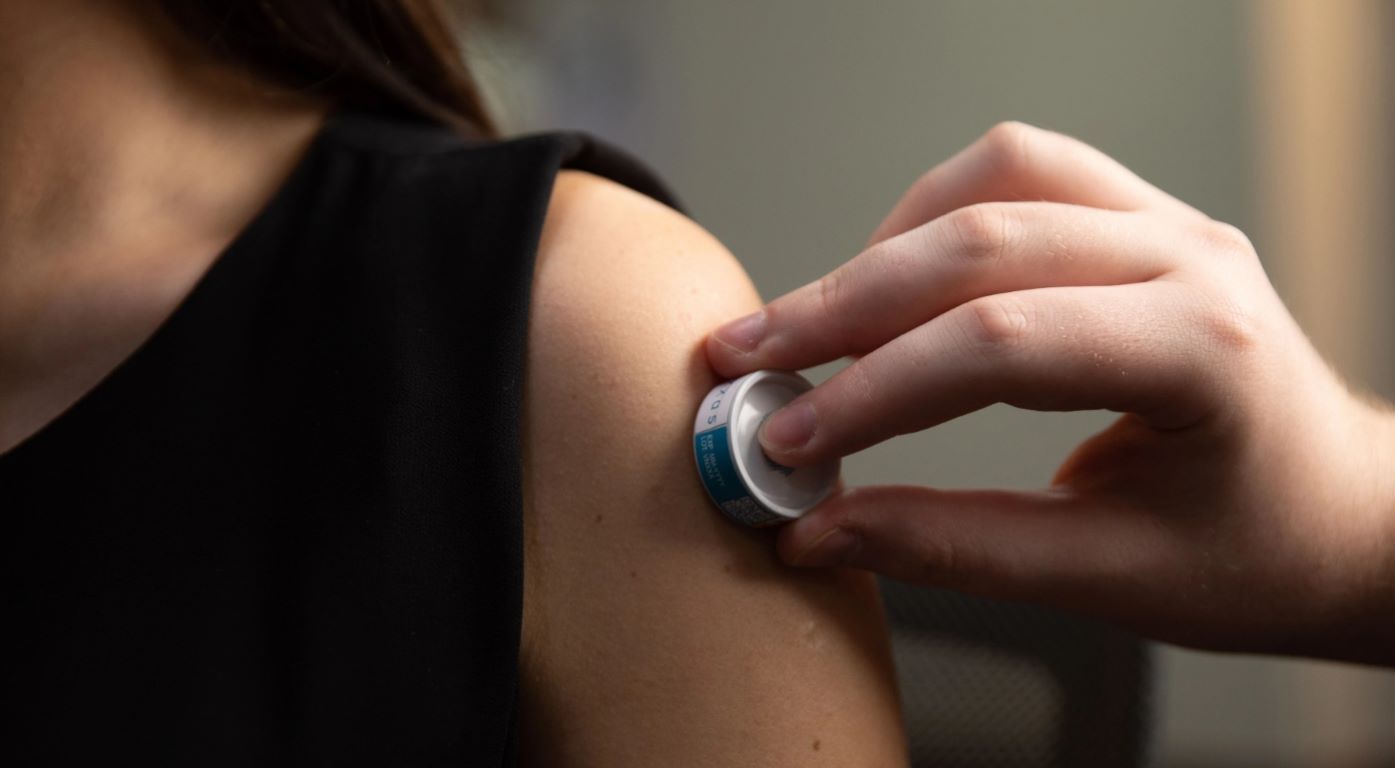Taming the Enemy Within
31 August 2022 | Analysis | By Ayesha Siddiqui
Autoimmune diseases are one of the hot targets in the pharma industry. There has been a flurry of activities in this space in recent times. While immunosuppressants and steroids have typically been used to treat these diseases, targeted therapies are advancing. By aiming at specific genes or cells, researchers can boost effectiveness and reduce side effects associated with conventional treatments. Let’s look at some of the advances in the battle against autoimmune diseases.

image credit- shutterstock
Autoimmune diseases affect nearly 4 per cent of the world’s population and there’s a rising prevalence of such diseases, especially in the Asia Pacific region, according to the US-based National Stem Cell Foundation. Pharma firms are spending billions of dollars to find specific treatments for autoimmune diseases. These illnesses are incurable, and the current drugs aid with symptom management.
In a quest to cure these diseases, big pharma firms are expanding their autoimmune portfolios by acquiring smaller firms dedicated to developing therapies for such diseases. In August 2022, US’ Amgen acquired ChemoCentryx for $4 billion. In June 2022, Swiss firm Roivant Sciences and US’ Pfizer launched Priovant Therapeutics, dedicated to developing and commercialising novel therapies for autoimmune diseases with the greatest morbidity and mortality. In 2021, US’ Merck bought Pandion Therapeutics for $2 billion.
Evolving treatments
Over 80 different autoimmune diseases exist. However, the most common ones and the subject of the majority of research and developments are Rheumatoid Arthritis (RA), Psoriasis, Multiple Sclerosis (MS), Diabetes Type 1, Lupus, and Inflammatory Bowel Disease (IBD).
1 in 4 patients do not respond to currently approved medications for RA, so researchers and pharma firms are working on developing newer targeted therapies. Some of the drugs in the late-stage trials include UK-based GlaxoSmithKline’s (GSK) Otilimab, a fully human monoclonal antibody. Israel-based R-Pharm’s Olokizumab and the biosimilar candidate BIIB800 jointly made by US-based Biogen and Chinese biotech company Bio-Thera Solutions are also humanised monoclonal antibodies.
Psoriasis is a skin disease and therefore there’s a shift away from injectable biologics and towards oral/topical small molecules. Some of the drugs in the late trials include US’ Bristol Myers Squibb (BMS)’ oral drug deucravacitinib and US’ Arcutis topical drug, roflumilast.
People with relapsing-remitting MS have benefited greatly from innovations in rehabilitation techniques; however, those with progressive types of MS have not seen the same improvements. In 2021, the International Progressive MS Alliance called for more research and investment in this phase of MS.
For type 1 diabetes, the standard treatment is exogenic insulin substitution therapy. To stop pancreatic damage, current research is concentrated on preclinical detection and gene therapy.
Attacking the root cause
There have been groundbreaking advances in the treatment of autoimmune diseases, but most are still limited, temporary, and come with substantial side effects. There remains a significant unmet need in autoimmune diseases, and researchers around the world are working toward addressing these.
Early diagnosis of autoimmune diseases remains one of the greatest challenges. A team of researchers from Friedrich-Alexander-Universität Erlangen-Nürnberg (FAU), Germany has demonstrated that treatment can be extremely effective if autoimmune diseases are treated as early as possible, even before the first clinical symptoms appear. Several trials are underway that focus on early treatment and prevention. For example, StopRA, sponsored by the National Institutes of Allergy and Infectious Diseases, USA, is the first prevention research study for rheumatoid arthritis in the US. StopRA is studying if hydroxychloroquine (HCQ), which is already used in the treatment of RA, can prevent RA in people who have high levels of autoantibody (anti-CCP) in their blood but don’t have a diagnosis of the disease.
"The first and largest obstacle to receiving treatment is receiving an official diagnosis. While progress has been made over the last couple of decades in diagnostic methods for various autoimmune diseases, much work is still needed in the field of identifying biomarkers for screening as a diagnostic tool, as well as the discovery of new therapeutic targets and agents that will allow for more prompt and individualised treatments. Researchers are hoping that by focusing on early treatment and prevention, the physical, mental, and financial burdens of autoimmune disease can be reduced. This is particularly important because by the time most patients seek treatment for a symptom or set of symptoms that they are experiencing; significant irreversible damage may already have been done," said Carolyn Serraino, Director of Research, Global Autoimmune Institute, US.
Cell and Gene Therapies have proven to be remarkable treatments for certain cancers, and now pharma firms are researching their use for autoimmune diseases as well.
"One important area for further research is genetic-related cures. We need to understand the causes of these diseases better—finding their root cause, or inhibiting where they start in the body, rather than just treating the symptoms," said Dr Gisela Mautner, CEO, Noxopharm, Australia. Noxopharm is working with Melbourne’s Hudson Institute of Medical Research on a study into RNA-based therapeutics, targeting lupus.
In June 2022, US’ GentiBio which is partially funded by Swiss firm Novartis partnered with BMS to develop new engineered Treg therapies to re-establish immune tolerance and repair tissue in patients living with IBD. In January 2022, US’ Gilead partnered with Kyverna Therapeutics to help develop cell therapy for autoimmune diseases such as lupus nephritis, systemic sclerosis, and inflammatory myopathies.
Recent research has been changing to take into consideration personalised treatment because autoimmune illnesses are complicated, most of which cover a variety of ailments, and patients might experience a range of severity and symptoms.
“It has become well-known that while the specific aetiology of autoimmune disease - the mechanisms that drive the development of autoimmunity is largely unknown, they are triggered by a combination of both genetic and environmental factors. Thus, personalised medicine which involves studying the combination of an individual’s genetics, serologies, phenotypes, and biological mechanisms to predict responses to specific therapies has started to become popular,” said Carolyn.
Another active area of research is investigating how microbes living in the gut might help people with autoimmune diseases. The microbiome is integral to the development and function of an individual’s immune system, and alterations to the microbiome commonly occur in autoimmune diseases.
"An improved understanding of how the microbiome impacts disease development will open new avenues for early intervention, prevention, diagnosis, and treatment of autoimmune diseases to improve patient outcomes. By identifying key microbial factors underlying autoimmune diseases through world-leading technology for microbiome analysis, we can develop these leads into new treatment opportunities," said Professor Trent Munro, Senior Vice President of Therapeutics, Microba Life Sciences, Australia.
In April 2022, Microba Life Sciences, a precision microbiome science company, and US’ Ginkgo Bioworks partnered to identify single-strain, live bacteria product (LBP) candidates against autoimmune diseases.
There’s reason for optimism with a greater level of research and clinical activity ongoing in the autoimmune disease space, which points to a promising future of personalised and targeted treatments for people living with such debilitating conditions.
Ayesha Siddiqui











